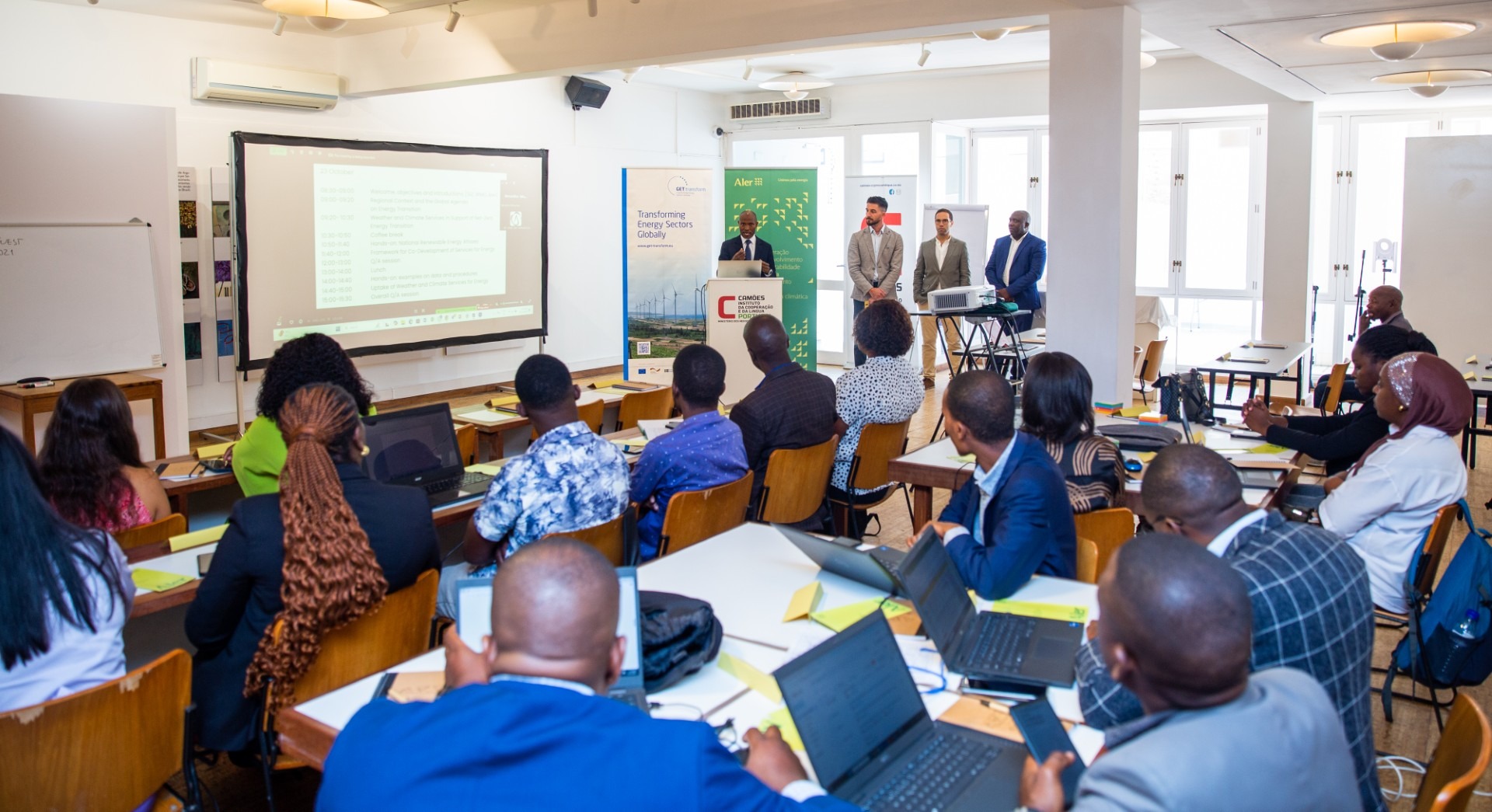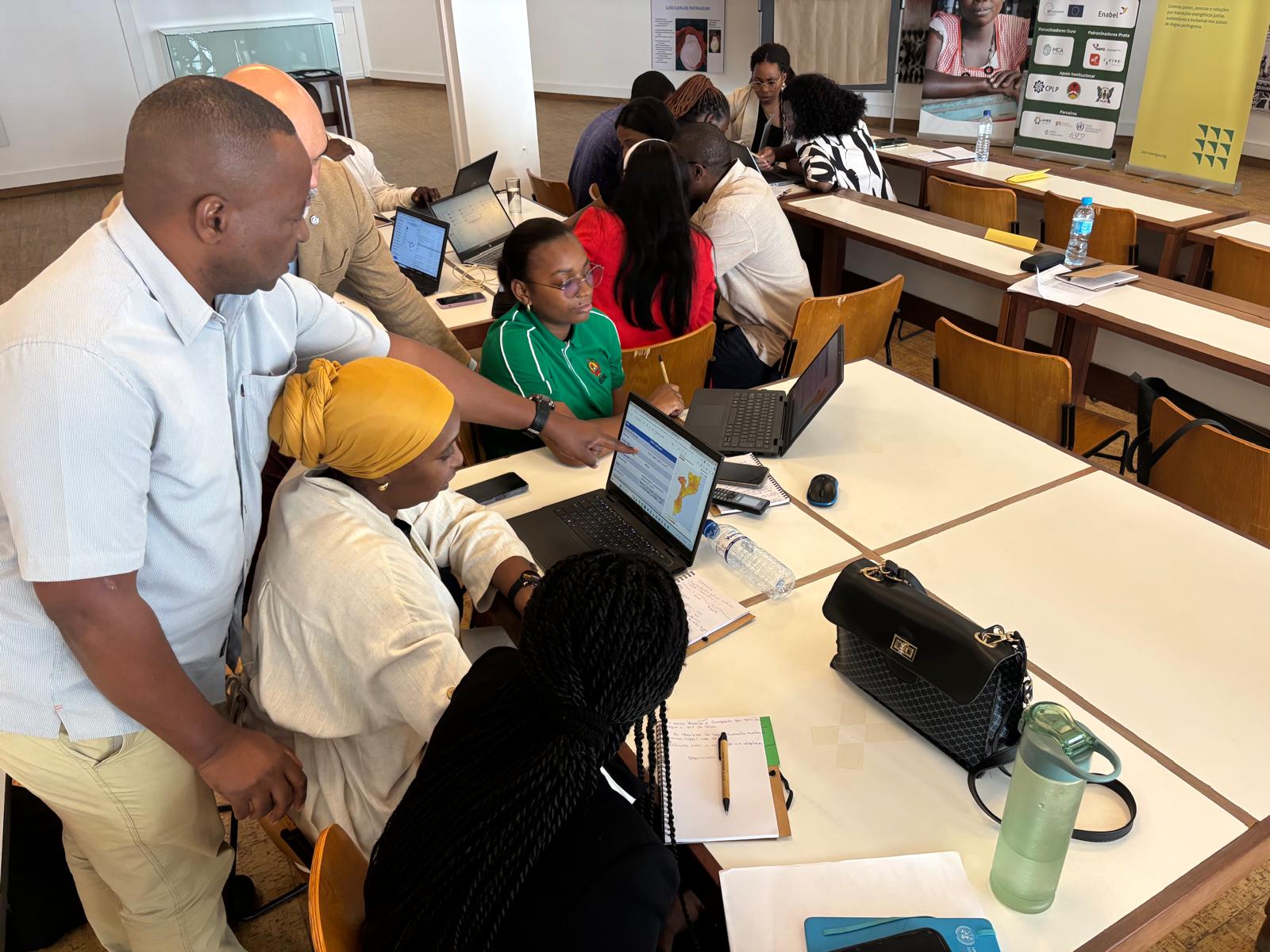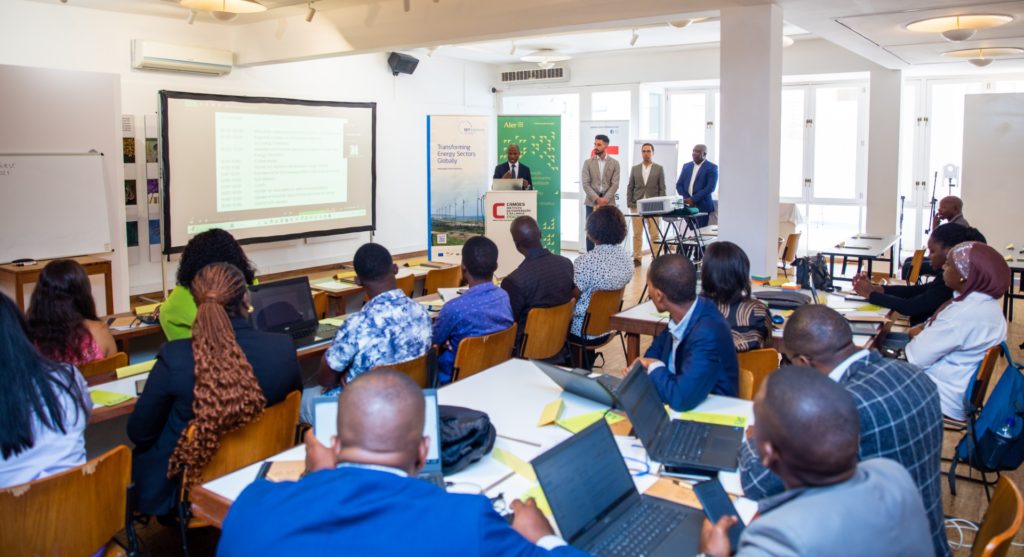The World Meteorological Organization (WMO) is joining forces with partners to strengthen Mozambique’s capacity to integrate climate science into energy policy and planning. Through a new capacity development joint initiative on Long-Term Energy Planning (LTEP), facilitated by the GIZ energy & climate team in Mozambique, WMO is equipping national energy institutions with the knowledge and tools to design energy systems that are resilient to climate variability and aligned with national and global climate commitments.
Mozambique’s energy sector is entering a decisive phase of transformation. With abundant renewable resources, the country holds immense potential to become a regional hub for clean energy in Southern Africa. However, this potential can only be fully realised through robust long-term energy planning that integrates climate information, data, and science into every stage of decision-making.
To address this need, the WMO is contributing to a joint capacity development initiative in LTEP, implemented by GIZ programmes GET.transform and PCTE (Support to Climate Policy and Energy Transition), and in collaboration with UNDP, Norway, ENABEL, ALER, and other development partners. The initiative supports Mozambique’s institutions in aligning energy sector development with national and international climate commitments, including the Nationally Determined Contributions (NDCs), the Long-Term Low Emission Development Strategy (LT-LEDS), and the Energy Transition Strategy (ETS 2023–2050).

“A joint initiative on energy planning capacity development was born, bringing together different cooperation partners to deliver specialised trainings. This initiative is of paramount importance for Mozambique, a country richly endowed with renewable energy resources, yet highly vulnerable to climate change impacts and variability. Implementing the Energy Transition Strategy and the NDC is essential to achieve the national goals of universal energy access, positioning Mozambique as a regional hub for green energy, and at the same time promoting sustainable, resilient value chains for green industrialisation. “Ultimately, this enables inclusive socio-economic development and long-term stability,” said Enrico Dal Farra, programme coordinator at GIZ Energy and Climate in Mozambique.
In partnership with GIZ and Aerthydral Collective, WMO delivered the module “Climate Change Mitigation and Adaptation for the Energy Sector Planning in Mozambique” from 23–28 October 2025. The module focuses on the use of climate projections and resilience planning for electricity systems. Participants explored:
- How historical and projected climate data can inform long-term planning and investment decisions;
- How to use WMO systems such as the WMO Integrated Global Observing System (WIGOS) and the WMO Information System (WIS) to access reliable data;
- How to apply global and regional datasets, including CORDEX, IPCC projections, and hydrometeorological forecasts, in the Mozambican context;
- How to evaluate vulnerabilities of energy systems — particularly hydropower, solar, and wind — to climate extremes and variability.

The training also introduces WMO’s operational resources, including the WMO Energy & Meteorology Portal and the Global Energy Resilience Atlas, which provide practical entry points for integrating climate intelligence into energy planning and management.
The training included interactive sessions, case studies, and hands-on exercises that encourage participants to co-produce solutions with WMO experts and apply them to real-world challenges in Mozambique. This participatory process builds trust and ensures that the resulting services are demand-driven, context-specific, and institutionally embedded. It also fosters stronger collaboration among ministries, regulators, and energy utilities, enhancing coordination and data sharing across the sector.
The Mozambique LTEP programme also supports broader regional and international agendas. It aligns with the objectives of the Global Coalition for Energy Planning, launched in 2025 by the government of Brazil and IRENA, with the participation of GET.transform, and complements ongoing work under the Community of Portuguese Language Countries (CPLP)’s Energy and Climate Commission. By advancing the integration of climate science and long-term energy planning, WMO and its partners are helping to build a foundation for resilient, low-carbon development across the wider Southern African region.
WMO will continue to work with national and international partners to ensure that Mozambique’s energy transition is informed by the best available climate science, contributing to sustainable development and energy security for all. “Through partnerships like this, WMO advances its global mandate to ensure that every country can access and apply climate information for resilience, risk reduction, and sustainable growth,” added Roberta Boscolo, WMO Head of Climate and Energy, “Our goal is to transform data into decisions empowering societies to thrive in a changing climate.”
